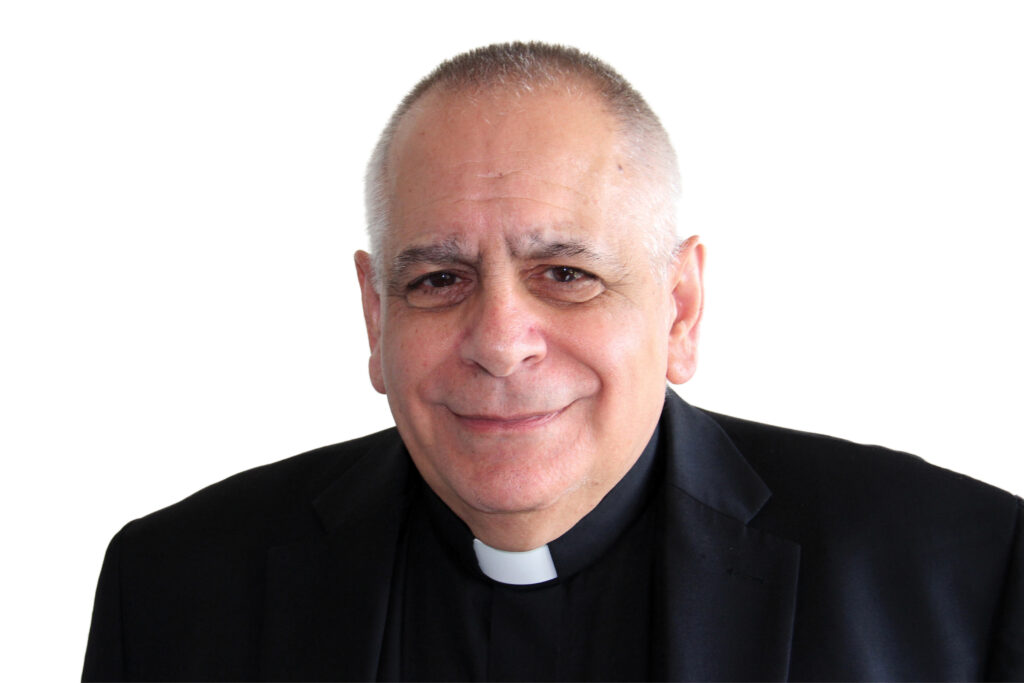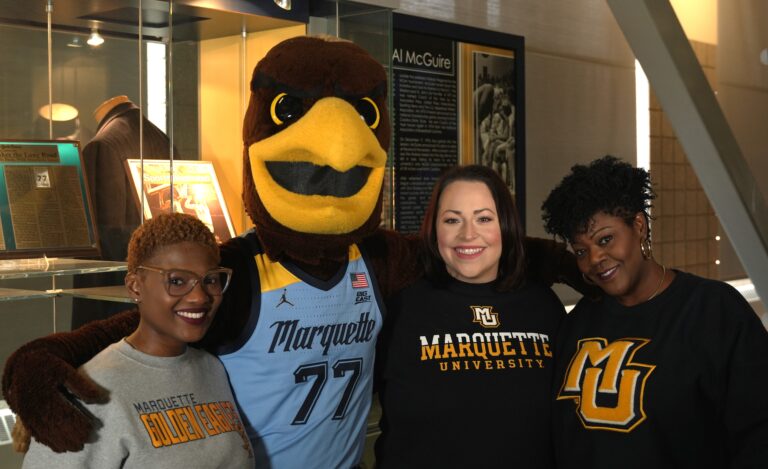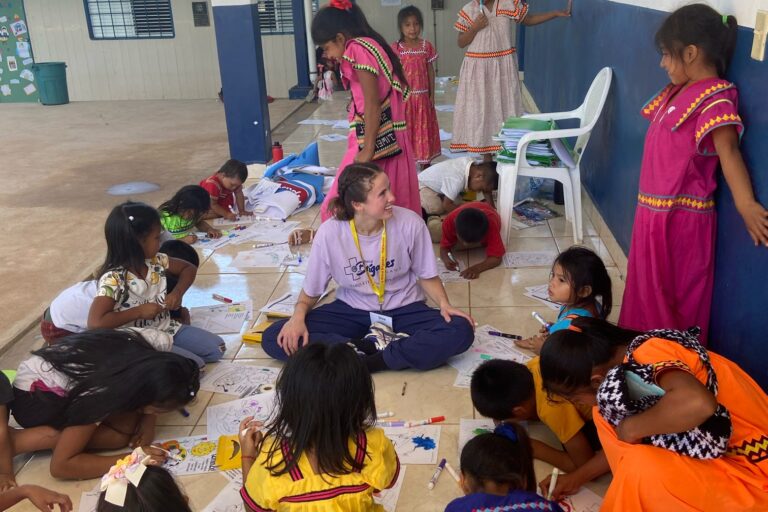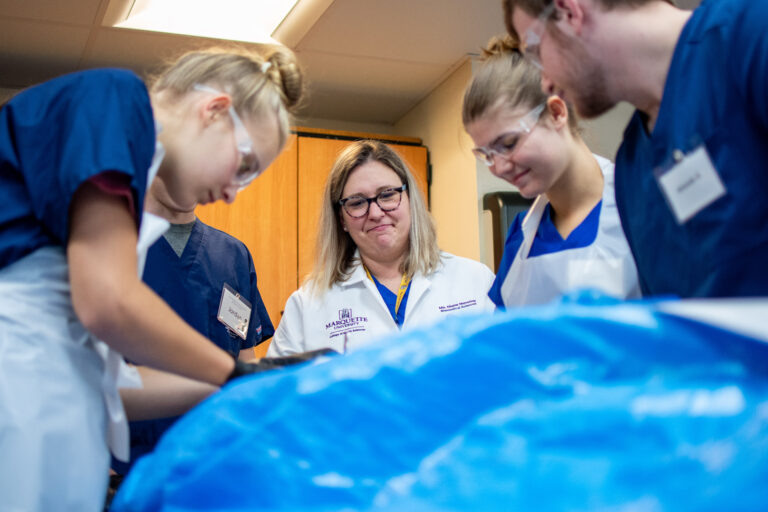
Monsignor Robert J. Vitillo, Arts ’68, has made his life’s work on the frontlines of humanitarian crises involving refugees, pandemics, poverty and HIV/AIDS. Through contact with suffering populations, he learned that ministering to spiritual needs in these situations is just as important as taking care of bodily needs. Reached in Switzerland — where he serves as secretary general of the International Catholic Migration Commission, which has facilitated the resettlement of more than 1 million refugees to the United States and other countries — he shares how his journey in faith led from Marquette to a life of service.
How would you sum up your calling?
It’s a call from God, a priestly vocation. But also, I do really feel privileged to work (as a priest) in a diff erent way. It’s helped me see that the church is really responding to the needs of people and promoting their dignity. It’s a much wider call that I had not expected, but God is full of surprises.
What’s a formative experience you recall at Marquette?
I’ve been back at Marquette twice since I graduated and I always go back to St. Joan of Arc Chapel, because that’s where I went to Mass. The message from the Jesuits and fellow students was to minister to those in need. It wasn’t only the sermons. It was our experience interacting with people.
What’s your advice for the next generation of students at your alma mater?
Many times, we have the voices of the world, especially in the United States, telling us to look for money and accomplishments. I do think it’s important to realize that a great deal can be done in a life of service. It can be in the religious life and it can be in different professions, where Marquette is very well distinguished in preparing people.
How did your time at Marquette prepare you for your life of service?
It was at Marquette that I learned a lot of theology and also the social doctrine of the church. That was shortly after the close of the Second Vatican Council, and certainly, the Jesuits were very involved of spreading the Vatican counsel and help us how to live that. That prepared me for the type of ministry I’ve done ever since.
What would you say is your life’s mission?
I’m a Catholic priest so that’s an important mission for me. But I’ve also been privileged to exercise my ministry in ways that I did not plan on when I was preparing for priestly ordination. I was assigned immediately into our Catholic charities office, and then also had professional training in social work. That was a different way of entering into priestly ministry.



